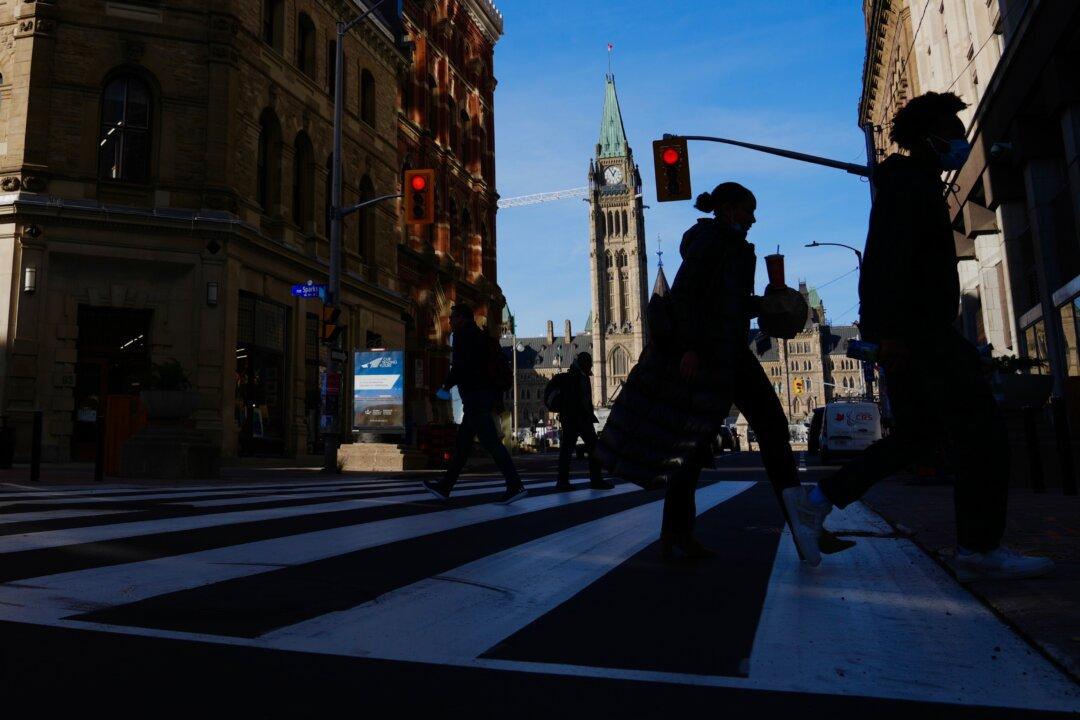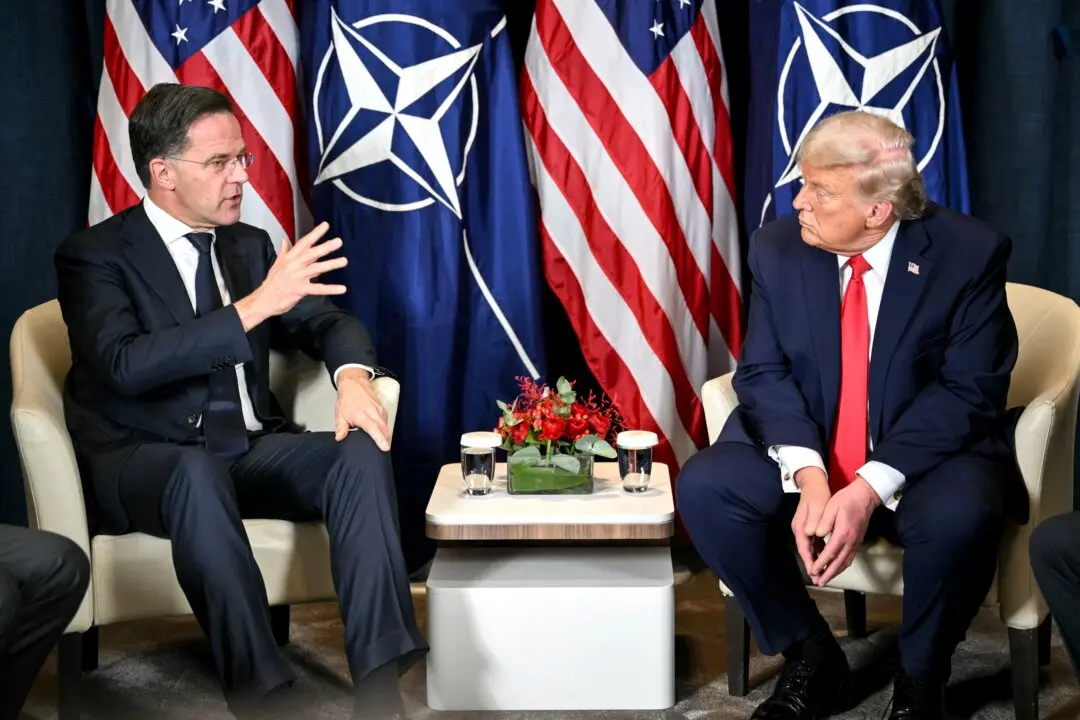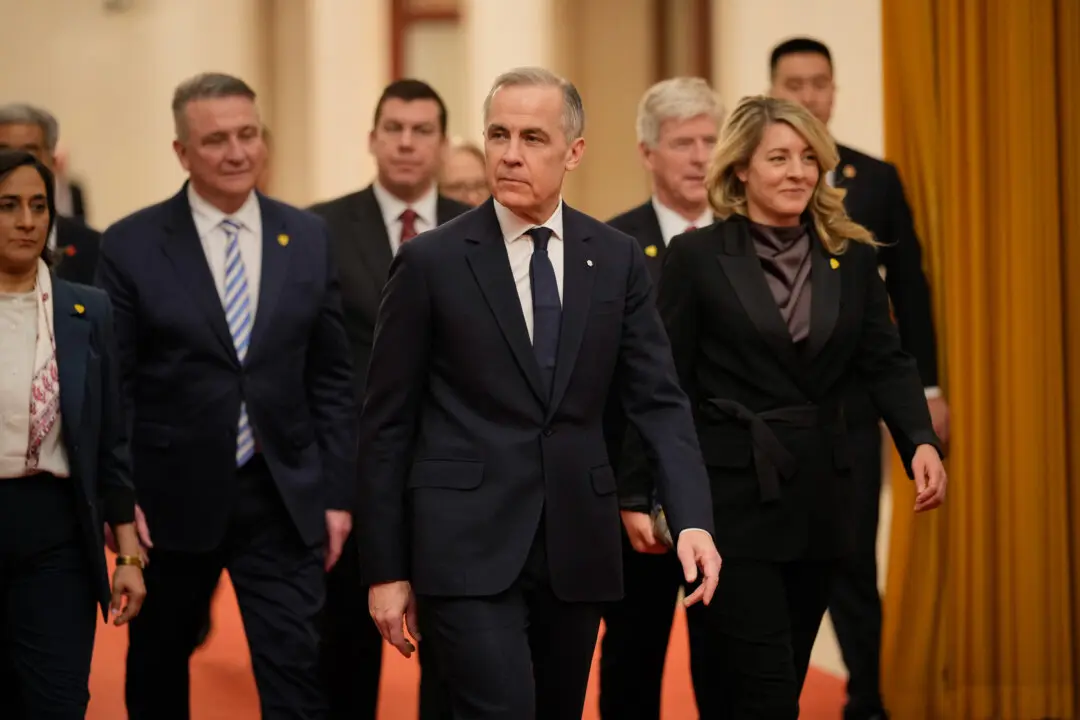Commentary
Most knowledgeable commentators on the Canadian economy as we enter a new year seem to think we are completing a familiar cycle that everyone in or about middle age has been through in this country before. Governments, here and elsewhere, tend to believe that “deficits eliminate themselves,” or other such stupefyingly Panglossian nonsense, and governments can borrow and spend money with self-flattering enthusiasm and assurance that inflation will not result. Inflation does result, and has.





